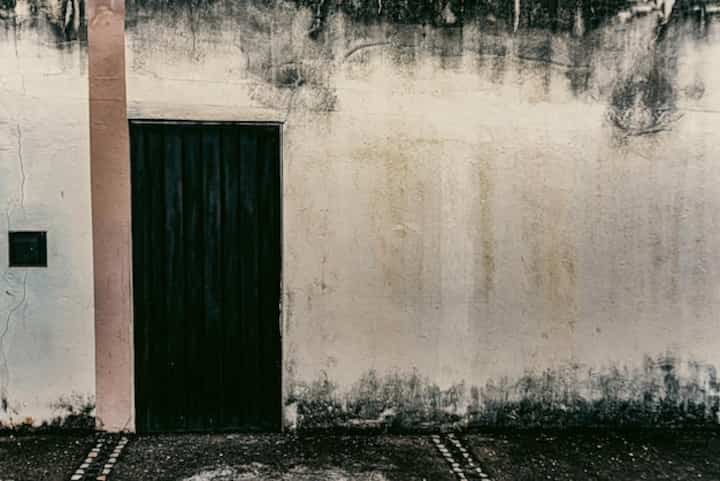
Expert Post Remediation Verification Services
In the battle against mold and other environmental contaminants, ensuring the effectiveness of remediation efforts is crucial. Post remediation verification (PRV) services play a vital role in confirming that a space is safe for re-occupancy. These services provide peace of mind by ensuring that all hazardous materials have been adequately addressed and that the environment is free from harmful residues. This article delves into the particulars of PRV services, offering valuable insights into their importance and implementation.
Understanding Post Remediation Verification
Post remediation verification is an essential process that follows the removal and cleanup of mold or other hazardous substances. It involves a comprehensive assessment to ensure that the remediation efforts were successful. The primary goal is to confirm that the affected area is clean and that there is no remaining contamination that could pose a risk to health or safety.
The Importance of PRV Services
The significance of PRV services cannot be overstated. Here are key reasons why these services are indispensable:
- Ensures safety by verifying that all contaminants have been removed.
- Provides documentation that can be used for regulatory compliance.
- Prevents future issues by confirming the thoroughness of remediation efforts.
- Boosts confidence among occupants and stakeholders regarding the safety of the environment.
For those interested in a more comprehensive understanding, read more about this topic.
Components of Post Remediation Verification
PRV services encompass several critical components to ensure a thorough evaluation. These components include:
Visual Inspection
A detailed visual inspection is conducted to identify any visible signs of contamination. This step involves checking for residual mold growth, dust, debris, and other indicators of incomplete remediation.
Air and Surface Sampling
Sampling is performed to analyze air and surface quality. These tests help detect any remaining mold spores or other contaminants that might not be visible to the naked eye. Learn more in this detailed guide on the types of tests conducted during PRV.
Moisture Assessment
Moisture can be a precursor to mold growth. Therefore, PRV includes moisture assessment to ensure that the environment is dry and not conducive to future mold development.
Documentation and Reporting
A comprehensive report is generated, documenting the findings of the verification process. This report serves as proof of the success of the remediation efforts and can be crucial for regulatory or insurance purposes. Explore further insights here on what these reports typically include.
Choosing the Right PRV Service Provider
Selecting an experienced and qualified service provider is vital for effective post remediation verification. Consider the following factors:
- Accreditations and certifications that verify expertise in environmental testing.
- Experience in handling similar remediation projects.
- Reputation for thoroughness and attention to detail.
- Ability to provide comprehensive documentation and clear communication.
For further guidance on selecting a PRV provider, find additional information here.
Conclusion
Post remediation verification services are a crucial step in ensuring a safe, contaminant-free environment following remediation efforts. By engaging in thorough inspections, sampling, and documentation, these services safeguard occupants' health and provide assurance that the space is fit for use. For anyone involved in remediation projects, understanding and implementing effective PRV services is essential. To deepen your knowledge, explore further insights here.